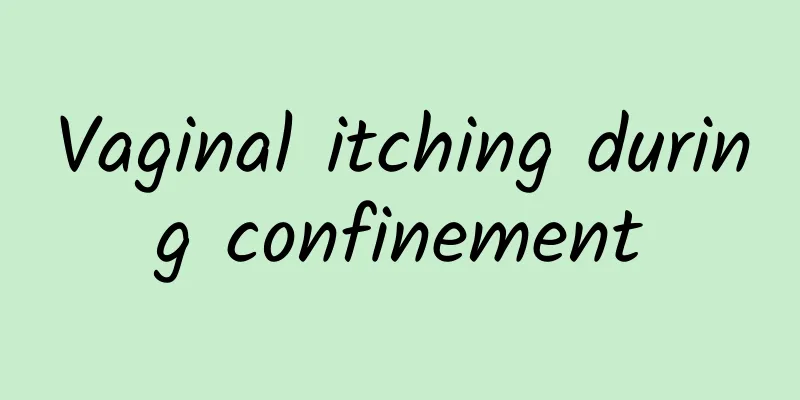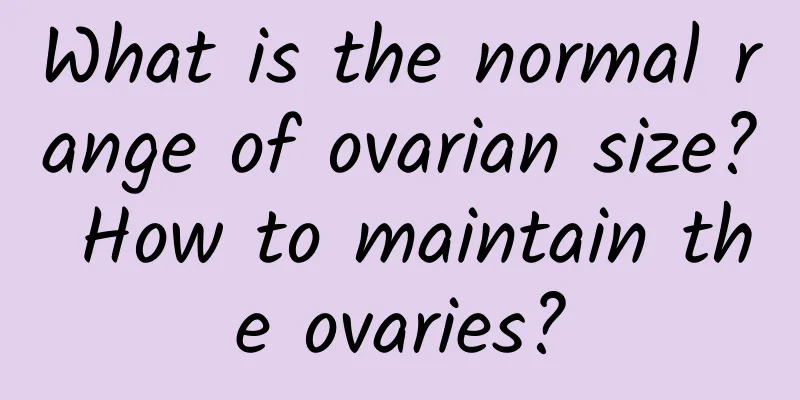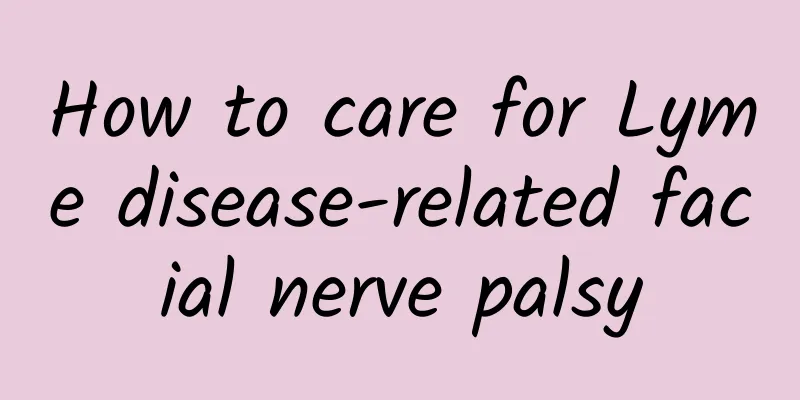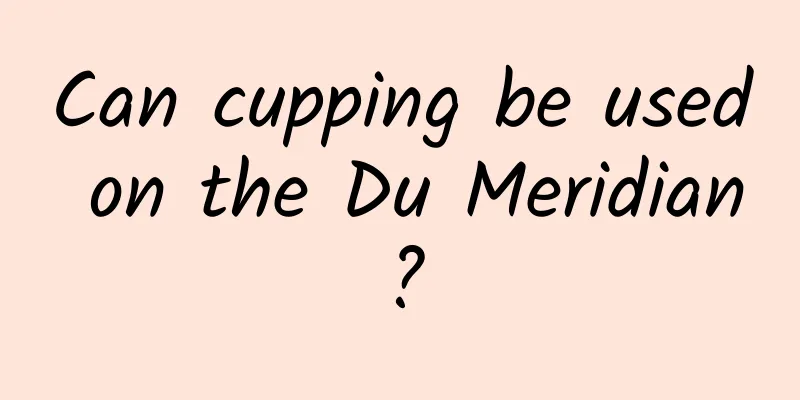How long does it take for the anesthetic to wear off after a tooth extraction?

|
Anesthesia is required during tooth extraction to avoid excessive tooth pain. Generally, the anesthetic will gradually wear off 3 to 4 hours after the tooth extraction. On the one hand, the dosage of the anesthetic is very small, and on the other hand, the anesthetic has a strong metabolic capacity and will be excreted from the body through metabolism. Therefore, for people who have tooth extraction, don’t worry too much, the dosage of this medicine has a relatively small impact on the body. What to eat after tooth extraction 1. You can drink water and eat semi-liquid food such as porridge, thin noodles, etc. 2 hours after tooth extraction. Do not eat too hot or too hard food, do not drink strong alcohol, do not smoke, and do not eat spicy food. 2. Decline social engagements and avoid excessive drinking. Adequate rest and sleep are necessary conditions. 3. You must use mouthwash after meals and before going to bed. Hold it gently for 30 seconds and then spit it out slowly to prevent bacterial infection. 4. Take medicines according to the doctor's prescription and do not reduce the dosage on your own, otherwise the consequences will be unimaginable. 5. Drink more fruit juice and supplement vitamin C and B complex to promote wound healing. What to do if you have pain after tooth extraction 1. After tooth extraction, the doctor needs to clean the wound, insert hemostatic cotton, and suture it to prevent bleeding and accelerate wound healing. 2. Bite the gauze tightly on the wound for 40-60 minutes and talk as little as possible to prevent further bleeding to achieve the hemostasis function. 3. If there is saliva in your mouth, you need to swallow it. Do not rinse your mouth forcefully to prevent the wound from tearing. 4. After the bleeding stops, you can use ice compresses or ice water within 24 hours to prevent the wound from swelling. 5. You must use mouthwash after meals and before going to bed. Hold it gently for 30 seconds and then spit it out slowly to prevent bacterial infection. 6. Take medicines according to the doctor's prescription and do not reduce the dosage on your own, otherwise the consequences will be unimaginable. 7. The stitches will be removed after one week and the dentist will give you new advice. 8. Drink more fruit juice and supplement vitamin C and B complex to promote wound healing. 9. Remember to leave the phone number of the hospital or clinic and the name of the doctor, and contact the doctor immediately if there is any emergency. 10. Decline social engagements and avoid excessive drinking. Adequate rest and sleep are necessary. How long after tooth extraction can you brush your teeth? The wound has just healed after tooth extraction. At this time, the local fibroblasts have just extended and grown from the alveolar bone wall toward the blood clot, and gradually organized the blood clot to make it firm and strong. Regarding the question of how long you can brush your teeth after tooth extraction, generally speaking, you should not rinse your mouth, let alone brush your teeth, within 24 hours after tooth extraction. If you are in a hurry to rinse your mouth and brush your teeth, you may rinse or brush away the blood clot and cause further bleeding, or cause an empty tooth socket and lead to unbearable pain "dry socket", which will prolong the healing time. |
<<: What to do if the anesthetic drug of the contact lens line gets into the eye
Recommend
What medicine does traditional Chinese medicine use to treat vitiligo
Vitiligo is a relatively stubborn skin disease, a...
How to make King Eggplant
King Eggplant can be said to be a famous dish, an...
What are the causes of tibial tubercle inflammation? Examination and treatment of tibial tubercle
Tibial tubercle inflammation refers to the appear...
The efficacy, effects and taboos of the yellow grass
As a common Chinese herbal medicine, Ganhuangcao ...
What should I do if my child always has a fever at night?
If the child has a fever at night, parents must p...
Quick tips for relieving toothache
Whenever we have a toothache, we know that we hav...
Steps for treating rhinitis with goose not eating grass
Having rhinitis is a very embarrassing thing. It ...
TCM Methods for Treating High Blood Sugar
High blood sugar is a common disease. If you have...
What can't you eat if you have gallstones?
Speaking of gallstones, I believe many friends ha...
What to do if your skin is oily?
The quality of skin has a huge impact on a person...
What are the effects and functions of Bupleurum seedlings?
You may not be very familiar with Bupleurum seedl...
What to do if you want to get pregnant but your estrogen level is low?
Estrogen is very important for women. If the horm...
Achyranthes bidentata pictures and effects
The efficacy and effects of Achyranthes bidentata...
The efficacy of yam and kudzu root powder
We can buy yam and kudzu root powder in some phar...
The triangular relationship between kidney deficiency, prostatitis and premature ejaculation
Kidney deficiency, prostate and premature ejacula...









